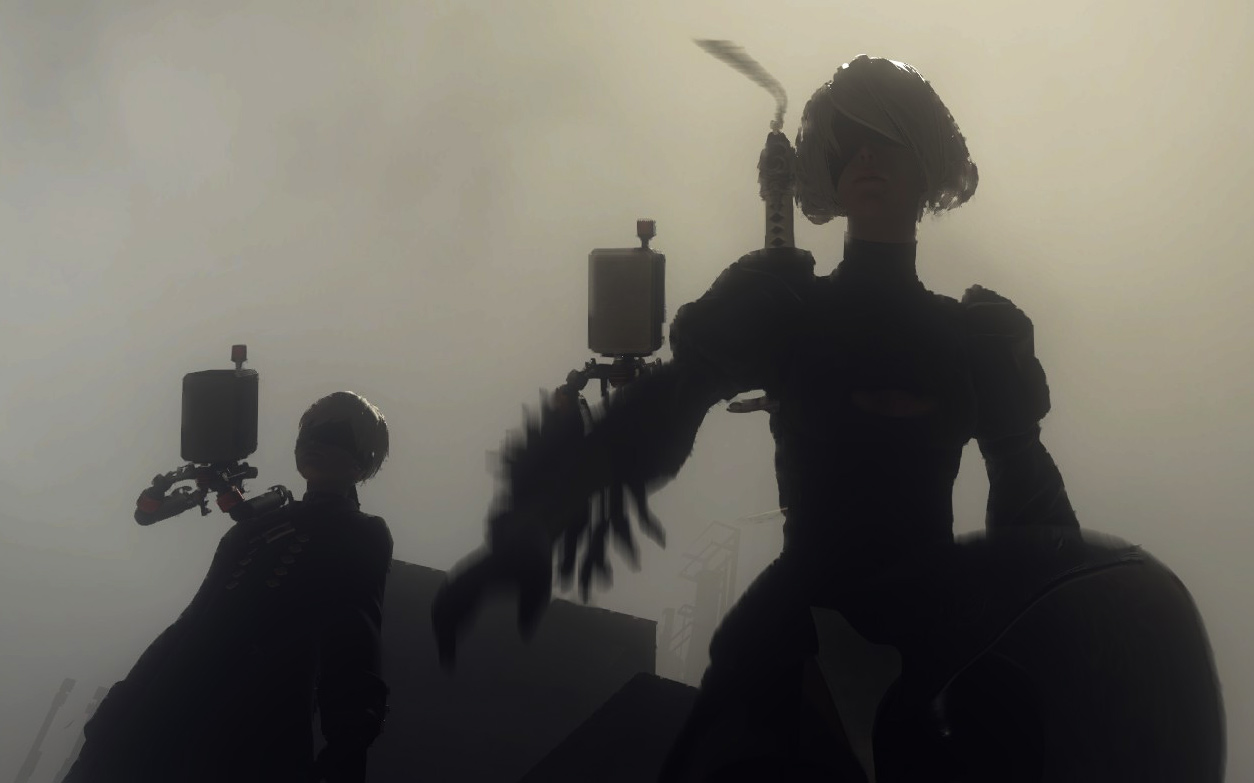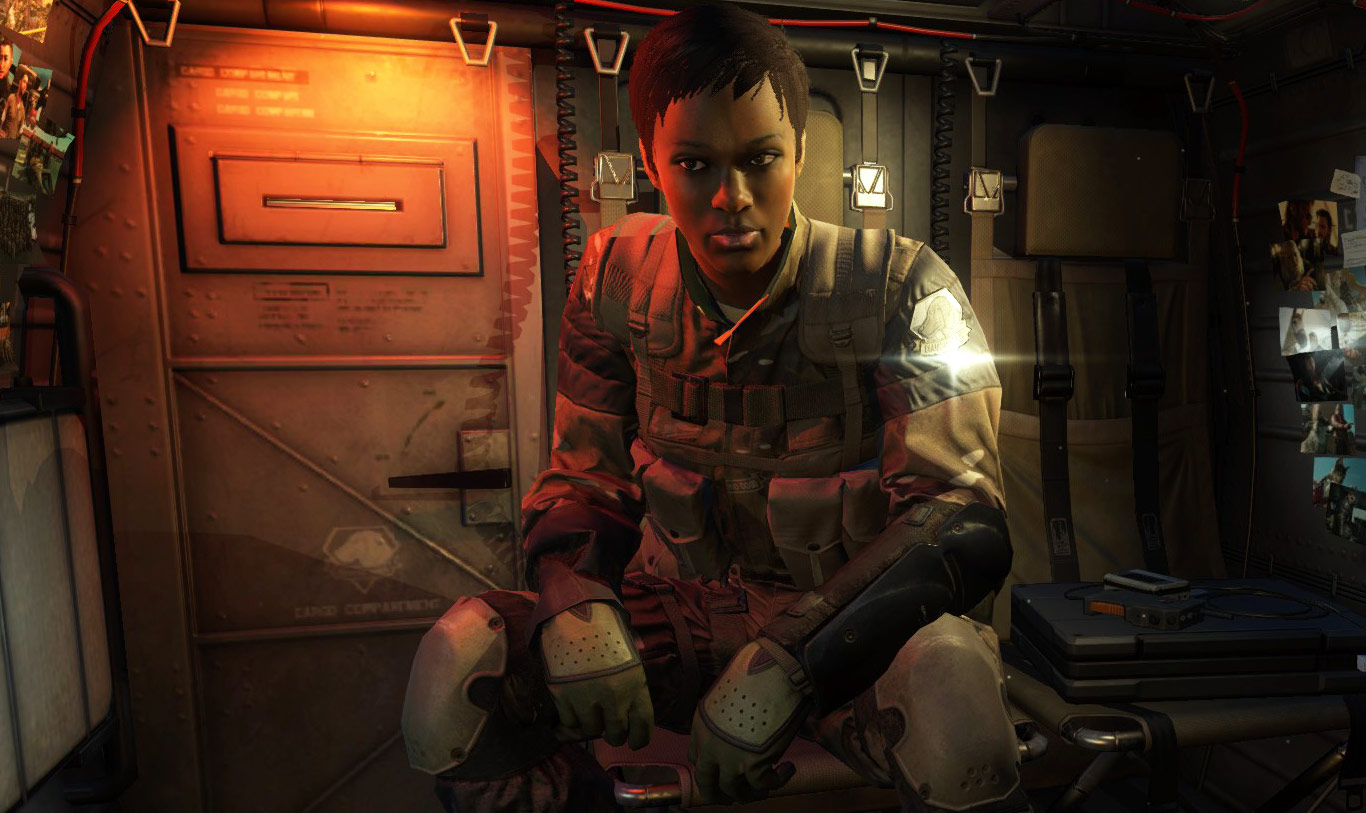Perceptive game writing
Computer games increasingly shape young people’s education as we are surrounded by computers, even carrying them in our pockets.
This can be positive, but like our attention, and most things that we make, the majority of games and commentary about them are shallow, so it is worthwhile to shine a light on good writing about games.
Here are some favorites.
Spelunky
Elizabeth Sampat in her post Representation Matters: Spelunky:
She laughed at me, I failed a lot, and then eventually I was able to rescue the girl in triumph. I went back, picked up some more loot, and then headed out the door to the next level.
And that’s when the girl I rescued came over to my lady archaeologist and gave her a big smooch.
My daughter squealed. “WHAT??? I DIDN’T KNOW YOU COULD DO THAT! YOU CAN SMOOCH GIRLS?? AND YOU’RE A GIRL??” Before I could answer in the affirmative: “Do it again! Smooch her again!”
And that’s how Spelunky became one of her favorite games. I found out later you can change the person you rescue to be a man or a dog, but it didn’t matter. As a game designer, it was fascinating to me to see her engagement with the game change so viscerally in an instant— instead of meandering through the levels and exploring, the game became about FINDING THAT GIRL and GETTING A SMOOCH. Seeing the light bulb go on over her head, and seeing the mix of surprise and joy and relief on her face, was a watershed moment for me as a parent, an advocate, and a game designer.
We talk a lot about representation and erasure as marginalized adults. We want to see more people like us. This can lead to a lot of high standards even for companies and games that put representation at the forefront— and I don’t think that’s necessarily a bad thing. There’s no one queer person that represents all queer people that you can stick into a game. There’s no one person of color. Everyone is unique, everyone has different intersections of privilege and marginalization, and everyone wants to see those things on the screen, to feel like they’re not absent from all media.
But we don’t just want to see ourselves as jokes or stereotypes or sex workers or afterthoughts. We want rich stories that center our identities; we want to be flawed but not evil, noble but not martyred. We want to be human.
Continue reading at Elizabeth’s site.
Nier: Automata

Commenter “Ryne” on a short-sighted article about Nier: Automata:
I’m not here to insult you, but I do believe that you’re wrong about what this game has to say about sex, and more importantly, lust. Nier: Automata doesn’t take a deep dive into what it means to love, or what it’s like to have a healthy relationship. If those things were what you were looking for, you weren’t going to find them. That said, that doesn’t mean that the game is just mindless titillation, regardless of Yoko Taro’s comments on the matter.
“You’re thinking about how much you want to **** 2B, aren’t you?” is left ambiguous for a distinct purpose. And that purpose is that “fuck” isn’t the only word that can fit in the context. The other, most prominent one, is “kill.” Which precisely is what we see 9S do later in the game. Several 2B models surround him, and he massacres them. The thing is, he gets off while doing it.
In one of the side missions, the character Jackass has you mow down several waves of enemy machines to analyze 2B’s neurological response to the act. They find that androids were programmed to feel sexual pleasure through the act of killing, an explanation that partly justifies the androids’ continued pursuit of conquest over the machines. That detail is essential to understanding what Nier: Automata is saying about sex and relationships.
9S is essentially the equivalent of a pent-up, sexually frustrated teenage boy. He can’t have the woman that he desires the most because the circumstances of his situation tore her away from him. And in an environment where sexual lust is interchangeable with bloodlust, going on an angry machine killing spree, where he attempts to wipe out the entire machine race, is the ultimate example of his sexual frustration. It isn’t a coincidence that “rape” also fits into the message about 2B.
That is what Yoko Taro is trying to say about sex. He’s trying to talk about lust, and wanting, and sexual frustration. He’s exposing the violent impulses that, ultimately, we all know we have. 9S’s programming is much like our human instincts, our lizard brain. And young teenage boys are especially bad at controlling it. The game is a condemnation of such desires and behaviors. And through A2’s perspective, the game puts 9S squarely in his place by the final ending. Still, the game never demonizes 9S, because it understands that he’s struggling.
I don’t know about you, but this game has had more to say about sex, lust, and entitlement than any other game I’ve played. It doesn’t, however, have anything to say about true love. There are plenty of other games with epic love stories and plenty of sex scenes. Nier’s lack of those things doesn’t make it mindless titillation. It just makes it a unique perspective on a situation, which is something I’d love to see more of in games.
If Ryne had a blog and I could find it this would be a link to it.
Metal Gear Solid V: The Phantom Pain

Brianna Wu writing about the amazing MGSV:
Much has been written about the juvenile design of Quiet, the improbably naked sidekick in the Metal Gear Solid 5: The Phantom Pain. But, for all the justifiable anger about her character, almost nothing has been written about the secret new female protagonist in Metal Gear.
I’m calling her FemSnake.
FemSnake is awesome. She’s on the title screen. Soldiers stop dead in their tracks and sharply salute her. “Thanks for saving those kids, Boss,” they say.
Revolver Ocelot speaks to her in reverent tones, reporting on mission outcomes. When she interrogates a prisoner, she demands “Out with it!” and my heart skips a beat.
FemSnake stands in ironic contrast to Quiet. FemSnake wears full military armor, form-fitting, but tough and realistic. Everything about her demands to be treated like a professional and not a sex object. Accompanying her is a sexist train wreck of a design, a woman designed to be ogled while never speaking a word. Quiet is a capable soldier who looks like anything but.
Keep reading at Polygon.
Tinder
The most riotous writer I know investigates Tinder, a game with potential for, I hear, both superb and horrific real-life consequences:
So after nearly 6 months of living the single life, and under the severe duress of my sister, I have recently joined Tinder. For those of you who haven’t had the pleasure, Tinder is possibly the shallowest, most addictive way to attempt to get laid I have ever experienced. It’s a dating app that works by linking info from your Facebook page therefore eliminating the need to write a profile or barely even type. Once logged in you are immediately presented with pictures of people who live within your specified radius and it’s up to you to decide if their face is something you wouldn’t mind sitting on. If you’d rather sit on a rusty chainsaw, you swipe left, but if they give you yoghurt pants, you swipe right. It’s basically ‘Hot or Not’ but with a lot more interactivity and a lot less nineties tank-tops and mahogany lip-liner.
Keep going at The Gaming Tramp, and don’t miss People Who Are Easily Offended Are Easily Offending Me.
Life
Finally, I like to think of life itself as a game where we must learn for ourselves. Instruction manuals are available, though most are terrible. From cave paintings to the printing press to computers and beyond, we must piece together the advice we are given and ultimately each find our own way.
Some good advice from Amber Paulen:
“Remember what I tell you, so if you find yourself in a similar situation you can think, ‘This is what the old spinster in Atrani told me!’ Remember, a woman experiences herself as a person first and then as a woman. Whereas men think a woman is first a woman and second a person. It feels good to be a woman, but no woman wants to be a woman all the time.
“Many women are married to a life that only supports one half. I hope this will change.”
Read The Spinster of Atrani at Front Porch Journal.
· ˖ ✦ . ˳
Come with me in creative journeys through music and play by subscribing to my YouTube and Twitch channels. ❤︎ Did you enjoy this post? You can buy me a moment of time.
Possibly Related:
- Archive
- Everything, Sound Space 6
- Get weird and disappear
- Dying is a form of education
- Good to take a break
˳ · ˖
Prior entry: Repoman
Next entry: Complementary books and video games
